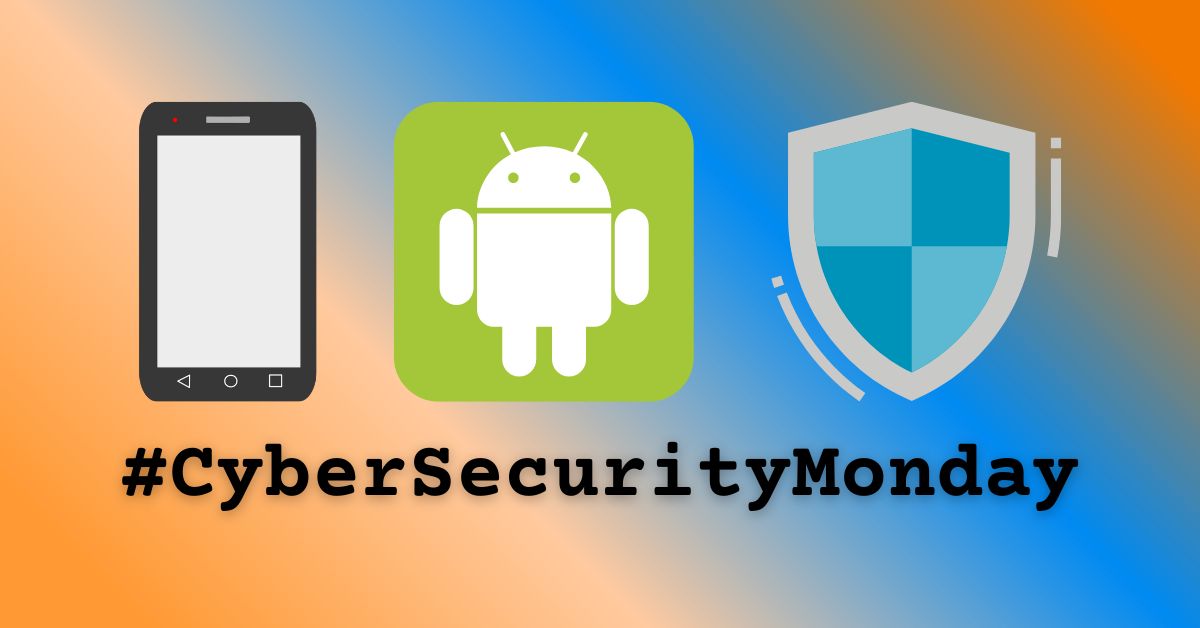In the ever-evolving digital landscape, maintaining your privacy and security is paramount. For Android users, a Virtual Private Network (VPN) serves as a crucial tool in this regard. Here’s an in-depth look at why you need to use a VPN on your Android device and scenarios when you might not need to connect to the internet using a VPN.
Enhancing Online Security
Using a VPN on your Android device significantly enhances your online security by encrypting your data, making it difficult for hackers and cybercriminals to intercept your information. This added layer of protection is especially crucial when using public Wi-Fi networks, which are often susceptible to various attacks.
By routing your internet traffic through a secure VPN server, you can ensure that your personal and sensitive information remains protected. This means your online activities, such as browsing, banking, and communications, are shielded from prying eyes, providing you with peace of mind in a digital world rife with potential threats.
Protecting Your Privacy
In today’s digital world, privacy is a major concern, as Internet Service Providers (ISPs) frequently track and record your online activities. This data can be sold to advertisers or handed over to government agencies, compromising your privacy.
A VPN helps maintain your privacy by masking your IP address and encrypting your internet traffic, making it difficult for anyone to monitor your online activities. This added layer of anonymity ensures that your browsing history, downloads, and communications remain private and secure from prying eyes.
Accessing Geo-Restricted Content
Many websites and streaming services restrict access to their content based on your geographical location, limiting what you can view. A VPN allows you to bypass these restrictions by connecting to a server in a different country, effectively changing your virtual location.
This capability enables you to access content that might otherwise be unavailable in your region. For instance, you can watch shows and movies on platforms like Netflix, Hulu, or BBC iPlayer that are not accessible from your country, expanding your entertainment options significantly.
Avoiding Censorship
In some countries, strict internet censorship blocks access to certain websites and online services, limiting what users can see and do online. A VPN helps you circumvent these restrictions by allowing you to connect to the internet as if you were in a different location.
This is especially useful for accessing social media, news websites, and other online platforms that may be blocked in your country. By using a VPN, you can freely access the information and services you need, despite government-imposed censorship.
Securing Financial Transactions
When conducting online banking or making payments through your Android device, security is paramount. Using a VPN adds an extra layer of protection by encrypting your data, significantly reducing the risk of cybercriminals intercepting your financial information.
This encryption ensures that your transactions remain secure, even when you’re using potentially unsafe networks. By safeguarding your financial data, a VPN helps protect you from fraud and unauthorized access, providing peace of mind during online financial activities.
Preventing Bandwidth Throttling
ISPs sometimes throttle your internet speed based on your online activities, like streaming videos or downloading large files. However, when you use a VPN, your ISP cannot see what you’re doing online, making it less likely that they will throttle your bandwidth.
As a result, you can enjoy a smoother and faster internet experience. By masking your online activities, a VPN helps maintain consistent speeds, ensuring better performance for streaming, downloading, and other data-intensive tasks.
When You Don’t Need to Use a VPN
While using a VPN has many advantages, there are scenarios where it might not be necessary or even advisable to use one. Here are a few examples:
Local Services & Apps
If you’re using local services and apps that require your actual location to function correctly, using a VPN might cause issues. For example, navigation apps like Google Maps need accurate location data to provide you with directions. Similarly, food delivery services need your real location to deliver your order. In such cases, it’s best to disconnect from the VPN.
Trusted Networks
When you’re connected to a secure and trusted network, such as your home Wi-Fi, the need for a VPN is reduced. Home networks are generally more secure than public Wi-Fi networks, especially if you’ve taken steps to secure your router and network.
Speed-Sensitive Activities
Using a VPN can sometimes slow down your internet connection because your data has to travel through an additional server. If you’re engaging in speed-sensitive activities like online gaming or streaming high-definition videos, and you’re on a secure network, you might choose to disconnect the VPN to enjoy faster speeds.
Battery Conservation
Running a VPN continuously can drain your Android device’s battery faster than usual. If you’re low on battery and not engaged in activities that require enhanced security or privacy, you might decide to turn off the VPN to conserve battery life.
Using a VPN on your Android device is a smart way to enhance your online security, protect your privacy, and access restricted content. However, it’s important to understand when a VPN is necessary and when it’s not. By making informed decisions about when to use a VPN, you can enjoy the benefits of a secure and private internet experience without unnecessary drawbacks.


